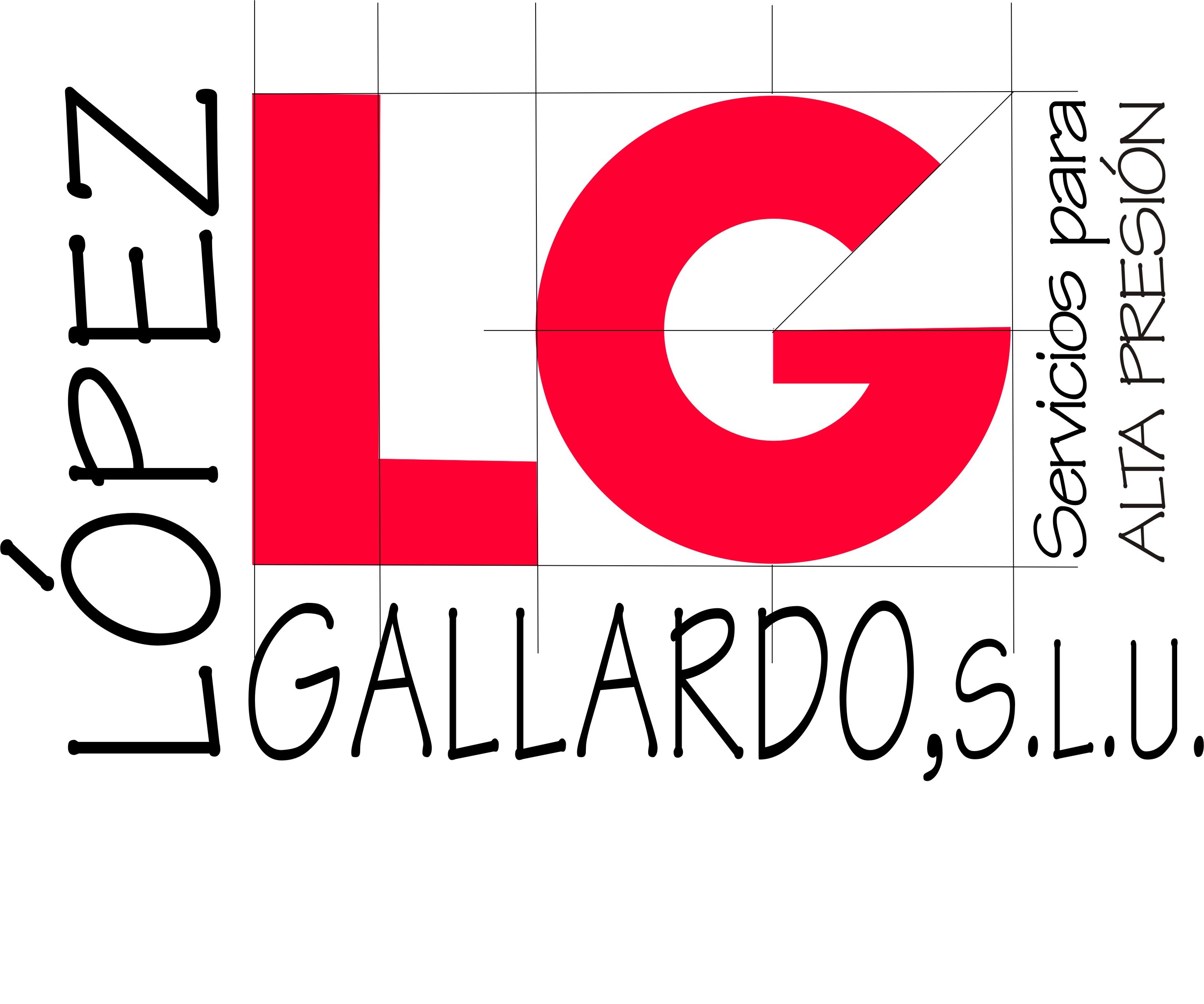Sin categoría
Executive Committee Vs Board of Directors
A board of directors is in charge of strategic planning and taking decisions for their organization based on their goals as well as their values and vision. They can accomplish this because they are a group of individuals elected by shareholders to have power over the company and its assets.
But boards are busy, and it’s not always feasible for them to attend meetings and handle all of the issues facing a nonprofit on a daily basis or in an emergency situation. This is one reason why boards decide to establish an executive committee. An executive committee consists of a group with strong leadership connections. They can be called together quickly https://boardroomsupply.com/ to tackle the most pressing issues facing the board.
The executive committee serves as an advisory body to the board. They typically meet more frequently they are more efficient and swift in their movements. They are capable of utilizing research results to make recommendations to the board. This allows the board’s attention to be on more important issues and delegate issues of lesser importance to the committee.
The executive committee may often assume the leadership role in the development of the board by providing training, coaching and conducting self-evaluations on a regular basis. This helps to streamline many activities the board needs to accomplish and ensures everyone is on the same page regarding aligning and making decisions.
It is essential that both the executive committee and the board of directors know that they are ultimately responsible to the board. They must submit regular meeting minutes, documentation and a report on votes. In common law jurisdictions directors are considered agents of the company and their actions are binding the company. This principle was reinforced by the House of Lords in the 1909 case of Turquand’s v Salmon and is widely accepted.

